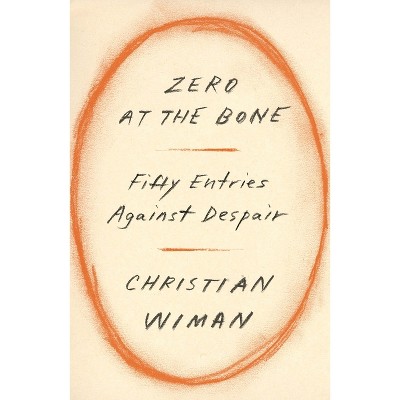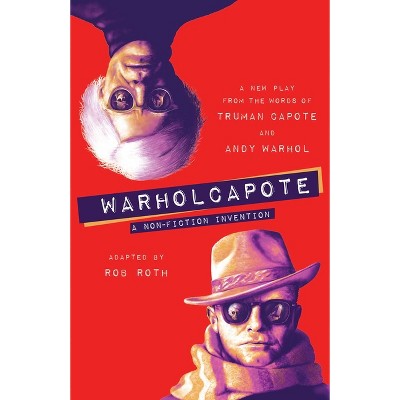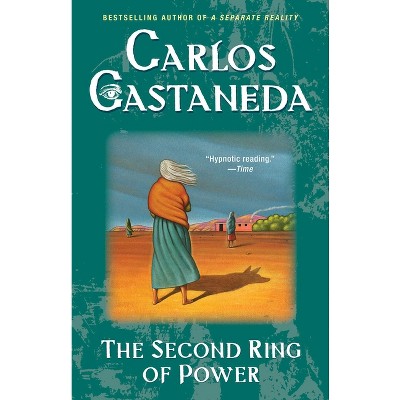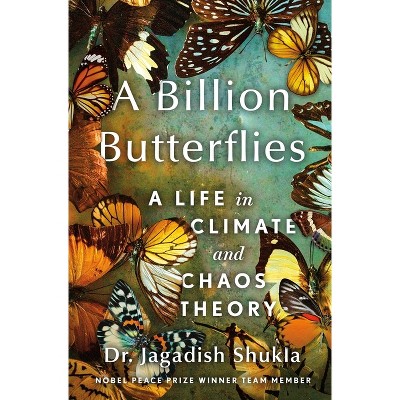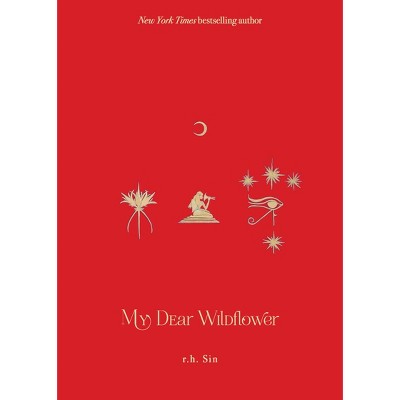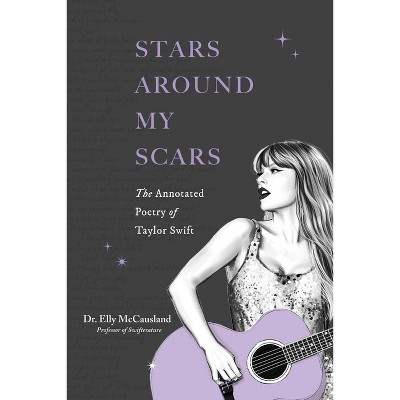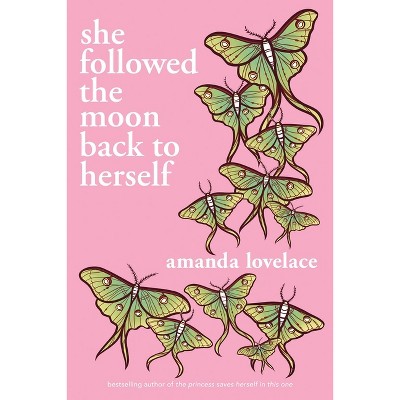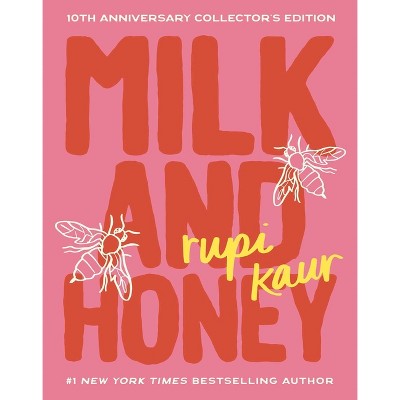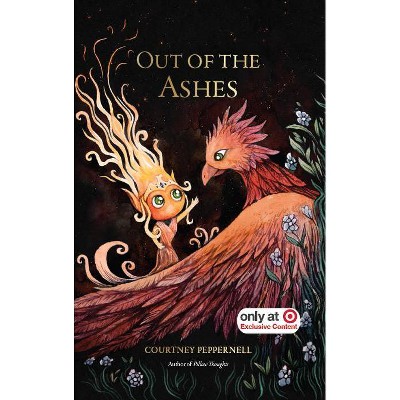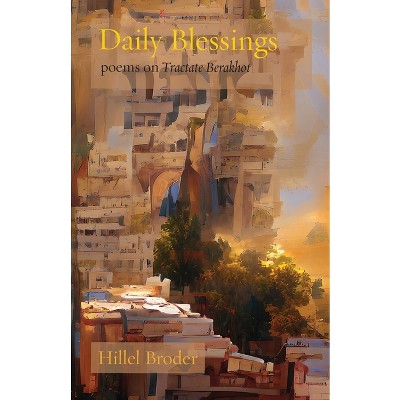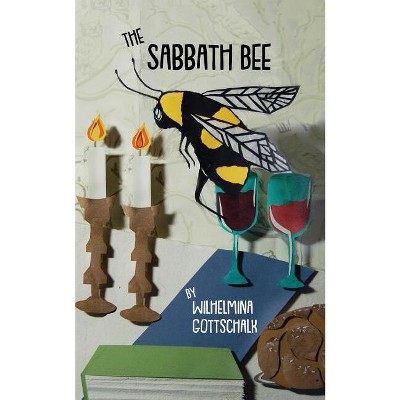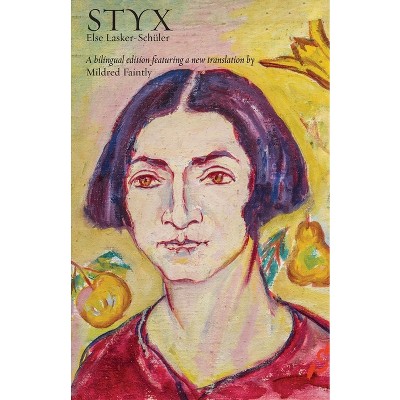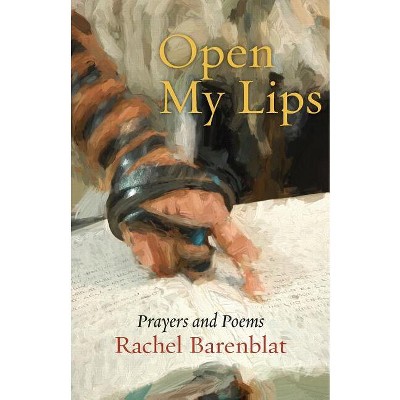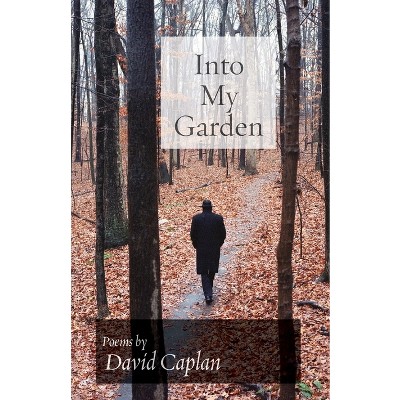Sponsored

The Whole Mishpocha - (Jewish Poetry Project) by Philip Terman (Paperback)
In Stock
Sponsored
About this item
Highlights
- it's the Sabbath ... // and my own child is sifting sand from sand on a summer morning //so indescribably beautiful you can't help but grieveThe preciousness and resilience of Judaism lies within the effort of its adherents to hold both beauty and grief, even when the latter seems overpowering.
- Author(s): Philip Terman
- 170 Pages
- Poetry, American
- Series Name: Jewish Poetry Project
Description
Book Synopsis
it's the Sabbath ... // and my own child is sifting sand from sand on a summer morning //
so indescribably beautiful you can't help but grieve
The preciousness and resilience of Judaism lies within the effort of its adherents to hold both beauty and grief, even when the latter seems overpowering. And overpowering it has been time and again for the family of Jews around the world; for every individual family trying to make it through a "silent dark of healing." The poems in Phil Terman's anthology delicately balance between the universalist and particular, between shtetl and suburbia, tenderness and tacheles, between unspoken names and those lovingly recorded. Most of all, these stellar and masterfully crafted poems are a testament to continuation against the backdrop of loss; a poetic Yizkor, an inventory of Jewish life.
Review Quotes
In Philip Terman's The Whole Mishpocha we are invited into a family of poems that are haimish -warm deeply Jewish and rooted in a rural western Pennsylvania landscape where Jews have made themselves at home with stubborn self-determination. He is equally at home in the mythos of the Jewish thing- the rabbis and prophets and prayers and books that open like wings-or are they newspapers- the sacred and mundane live in this book side by side as rhymes. The awe is down to earth: the holy moment is not in the synagogue but walking out with his father a "man made of meat and potatoes." A simple object-like his grandfather the fruit peddler's ancient scale that hangs now in his kitchen window becomes "a hinge creaking into another world." The way love is scaled in this poetry takes us into Terman's world -so similar to ours, but entirely lit by love.
-Rodger Kamenetz, author of The Missing Jew and The Jew in the Lotus
The Whole Mishpocha gathers the Jewish-themed poems of an accomplished poet who has been producing memorable work on the Jewish-American experience for decades. These poems movingly celebrate the quirky and endearing family members and friends who have passed the Jewish tradition down to Terman. At the same time, the poet honors his restlessness, giving voice to bittersweet questions on faith and loss. I have long admired Terman's exceptional poems for their Jewish ethos, beautiful lyricism, and emotional risk taking.
-Yehoshua November, author of Two Worlds Exist and God's Optimism
I love the stuff of Philip Terman's poetry: the imagined meeting of "Shmuel and Malka" (the speaker's grandparents) and "our child's Chinese birth parents . . . at a café somewhere between the Pale/ of Settlement and central-rural China"; "the blintzes at Corky and Lenny's" as solid evidence when "My Mother Argues with Ecclesiastes;" how the speaker of "Bernie Could Have Been My Father" muses "I could have /learned my bar mitzvah lesson in the backseat /of his Lincoln town car on the way to the track." Movingly, lovingly, and often hilariously, Terman presents the America he and I grew up in: a place containing the last remnants of the lost world of Eastern European Jews. Who else would describe the ecstasy of spring by saying, "Moses had his Sinai and we have/ the brief life of this dogwood" would use Yiddish - "In the next world . . . will we speak the language that should have been our own" - as a figure for poetry itself?
-Jacqueline Osherow, author of Divine Ratios.
"The speaker in this stellar first collection seems to carry himself without skin, absorbing the particulars of the human struggle in its many dogged and eloquent forms and recording it with the capacious empathy of a saint or a mystic."
-Leslie Ullman, Poetry Magazine speaking of The House of Sages


